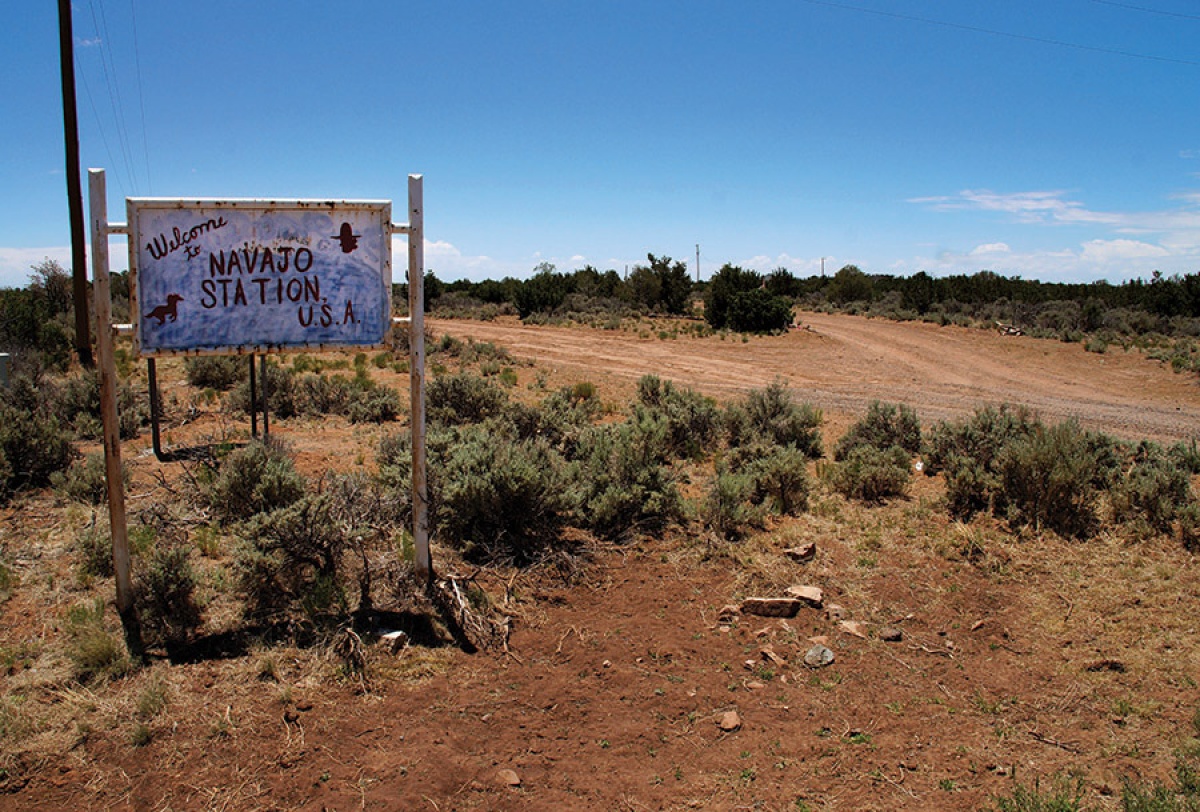We make house calls
Posted on Mar 19, 2015

We visit patients in their homes to deliver medication and guide them through treatment.
"I’m just doing my job. This is what it takes.” Rebecca Tsosie drives down the dusty roads of Crystal, New Mexico, to see her first patient of the day. An ID card—her photo under the official seal of the Navajo Nation government—swings from the rearview mirror of her truck.
Tsosie, a senior community health representative and a lifelong resident of Crystal, will visit five or six patients today to check on their health and deliver medicine, as she does every day. “I do a lot of stuff on my own,” she says. “If they need something from Walmart, I’ll try to work it into my schedule.”
Through the Community Outreach and Patient Empowerment program, a partnership among Partners In Health, the Navajo Nation, and Brigham and Women’s Hospital, PIH helps train community health representatives on the management of chronic illnesses. These diseases commonly afflict American Indian communities but could be prevented with medication and early guidance on healthy behavior.
But high-quality health care is hard to come by in the Navajo Nation. The region is one of the poorest in North America, and basic health care is underfunded. Residents live in remote areas with few clinics or trained health professionals. People are forced to travel long distances to obtain medical care and often can’t afford treatment.
Home visits from community health workers like Tsosie are critical. “Diabetes and old age—it’s really hard,” says 79-year-old Betty McCurtain, as Tsosie checks her vital signs. “I used to be strong, but not anymore.” Tsosie’s patients rely on her for the consistent care she provides.
Tsosie and her fellow community health representatives are members of the communities they serve, and their patients know and trust them. They embody the PIH ethos of accompanying patients through their illnesses, treating them like family, and doing whatever it takes to help them get well.
“I just call her my daughter,” McCurtain says, pointing to Tsosie.
Tsosie’s patients are among the nearly 8,000 Navajo that PIH is helping to receive high-quality care in their homes. Tsosie is proud of her role. The best part? “Meeting people. Helping them. Seeing what I can do to help them.”
Learn more about our principles:

